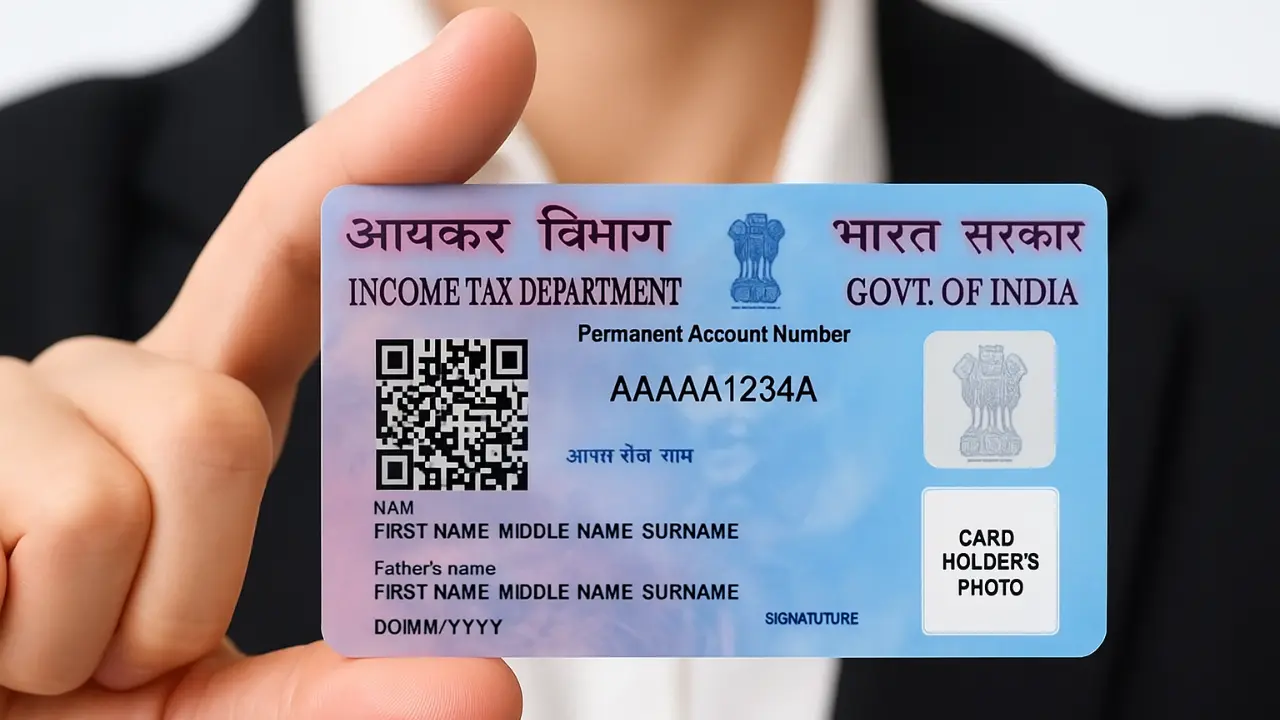💡 Is There a Limit on Keeping Cash in a Bank Account?
Technically, there is no fixed limit by the Reserve Bank of India (RBI) on how much money you can keep in your bank account, whether it’s a savings or current account. However, the amount of cash you deposit — and how often you do it — is closely monitored by banks, RBI, and the Income Tax Department.
📥 RBI Guidelines on Cash Deposits
While the RBI does not restrict how much cash you can deposit, banks follow these practices under regulatory supervision:
🔸 Savings Account:
- No specific cap on total balance
- Frequent or large cash deposits may trigger scrutiny
- PAN must be provided for cash deposits over ₹50,000 in a single transaction
🔸 Current Account:
- Designed for businesses, hence larger limits
- Still, cash deposits above ₹10 lakh in a financial year may attract income tax department notice
📑 Income Tax Rules You Must Know
The Income Tax Department has set certain thresholds to detect suspicious financial activity:
| Transaction Type | Threshold Limit |
|---|---|
| Cash deposit in a savings account | ₹10 lakh per financial year |
| Cash deposit in a current account | ₹50 lakh per financial year |
| Cash payment for FD/loan | ₹10 lakh or more |
| Purchase of property in cash | ₹30 lakh or more |
| PAN required for cash deposit | ₹50,000+ in one transaction |
💡 Important: If your transactions exceed these limits and your income doesn’t support it, the IT Department may send you a notice.
🛑 What Happens If You Exceed the Limit?
- Your account may be flagged for unusual activity
- Banks are required to report such transactions to the Financial Intelligence Unit (FIU)
- You may receive an Income Tax notice seeking proof of income/source of funds
- In extreme cases, penalties under the Income Tax Act may apply
✅ Tips to Stay Compliant:
- Keep proper records of cash income and deposits
- Always use PAN when depositing large amounts
- File your ITR regularly if you have high cash flow
- Avoid splitting large deposits to bypass reporting (this is called “structuring” and is illegal)
🧾 Conclusion: Manage Your Cash Wisely
While the RBI does not impose strict limits on cash deposits, your banking transactions are under the lens of the Income Tax Department and regulatory bodies. To avoid penalties or scrutiny, ensure that your cash deposits are in line with your declared income and are properly documented.
Catch today’s top stories and trending updates across News, Entertainment, Business, and Sports. Dive into expert Finance insights, market trends, and smart investment tips in our Finance hub.




















